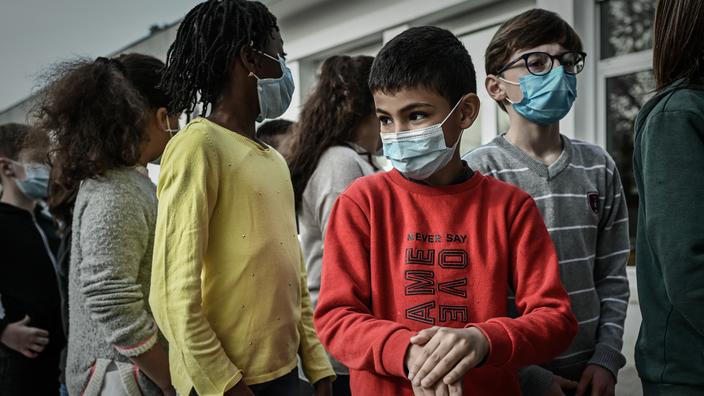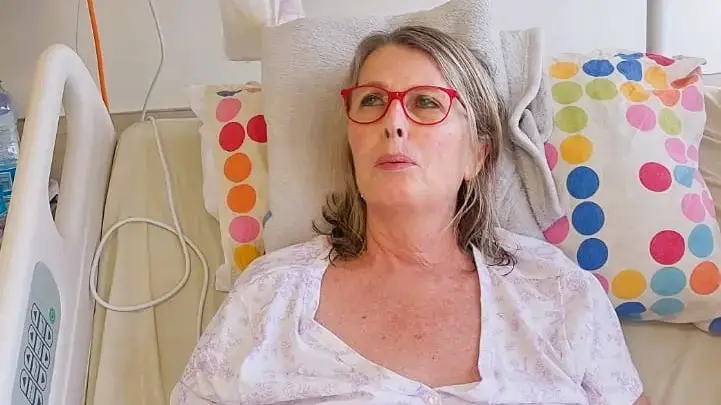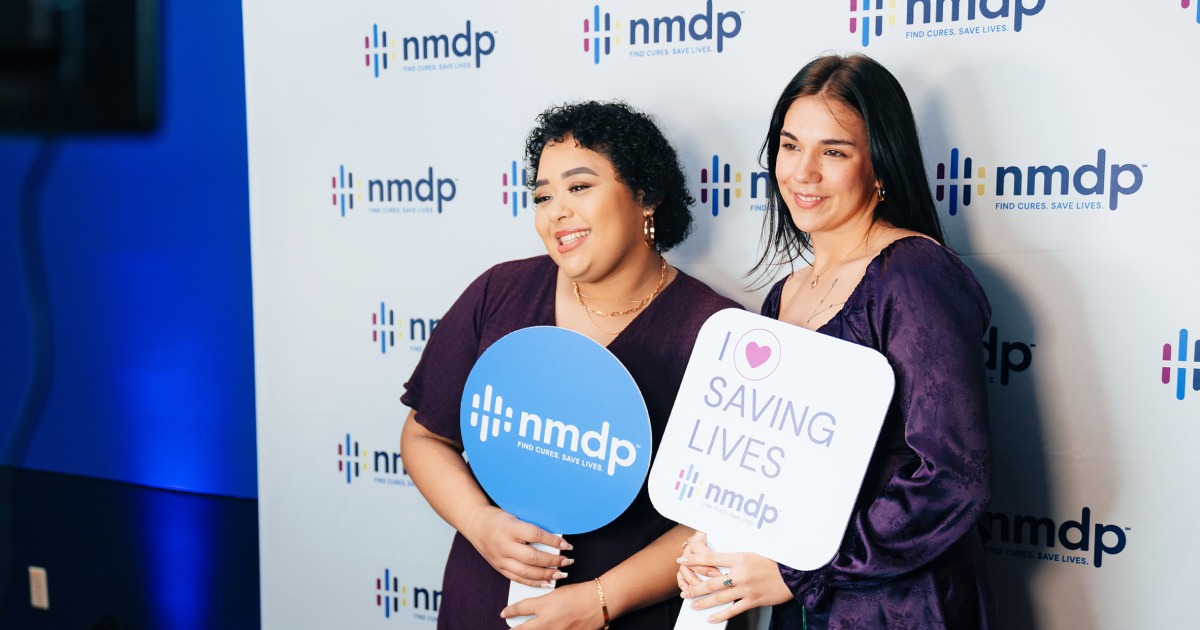Children screaming and crying, parents at the end of their rope who hold them at arm's length ... For the past few weeks, pharmacists and laboratory assistants have witnessed chaotic scenes in the screening rooms.
"
A real museum of horrors
", breathes Lionel Barrand to Le
Figaro.
The cause of this mess?
Repeated nasopharyngeal tests in the youngest, health protocol for holding schools in the face of the Covid-19 epidemic.
Read alsoCovid-19 at school: "My children are no longer considered as students but as cases"
However, to know the possible infection of a child with the virus, it was not always necessary to insert a cotton swab in his nostrils.
More accessible and less traumatic, the saliva test has long been one of the government's trump cards in the campaign to screen young people.
If these tests were extended on a large scale in schools, many dysfunctions had however been reported, especially in terms of organization.
Today, they have completely disappeared from the new health protocol announced Monday, January 10 by Jean-Michel Blanquer.
From now on, students in contact with a positive case will have to perform three self-tests: one on the day of the announcement of a student's positivity, another on D + 2 and one on D + 4.
Read alsoCovid-19: are the self-tests reliable?
Underrated, yet reliable tests
Before that date, data from the Research, Studies, Evaluation and Statistics Department show that PCR saliva tests were still widely used in France, following the rhythm of school holidays, as is possible. see it in the diagram below.
Number of salivary RT-PCR tests over 7 sliding days by age group.
SIDEP;
DREES calculations.
However, we note, compared to saliva tests, that PCR and antigen tests are much more used, reaching a peak of just over 1,800,000 tests validated between December 19 and December 29 for those under 15 years old.
Number of PCR tests (RT-PCR and antigens) over 7 rolling days by age group.
SIDEP;
DREES calculations.
So why are saliva tests less highly rated?
Is it for a reliability problem?
"
Not at all
," said Dr. Lionel Barrand, president of the union of medical biologists.
These tests, carried out using saliva samples, "
are PCRs, therefore much more reliable than an antigen test and obviously a self
-test," he recalls.
Here are
the reliability rates of
the different tests:
Nasopharyngeal PCR: between 90 and 95% reliability
A salivary PCR: between 85 and 90% reliability.
A nasopharyngeal antigen test: 65% for all people, 44% for asymptomatic cases.
A salivary antigen test: the High Authority for Health had estimated a reliability between 12 and 89% for symptomatic patients and between 9 and 50% for asymptomatic.
A self-test: less than 65% for all people and less 44% for asymptomatic cases.
The Omicron question
The Omicron variant, however, leaves uncertainties as to the reliability of all these tests, notes Dr. Barrand: "
The viral loads are lower, so these tests which detect that strong viral loads detect a little less
".
Depending on the confirmation of this hypothesis, we may have to revise the recommendation for saliva sampling.
The High Authority for Health
On this question, the Haute Autorité de Santé, questioned by
Le
Figaro
, explains having a study which would suggest that salivary RT-PCR would become as efficient as
nasopharyngeal PCR,
or even more
:
"
There might be more replication .
important in the oral compartment
”, says Cédric Carbonneil, head of the Service for the evaluation of professional acts at HAS.
"
Depending on the confirmation of this hypothesis, we may have to revise the recommendation for saliva sampling
."
The HAS also specifies to review its analyzes on antigenic salivary tests, whereas it had issued a negative opinion last spring.
"
An update of this opinion is underway in view of new studies on the subject
," Cédric Carbonneil tells us.
"
We will very soon either have to confirm that there is no relevance in using antigenic salivary tests, or on the contrary to use them perhaps in symptomatic or asymptomatic
", he adds.
According to him, this update should arrive at the end of January.
A problem of time, cost and capacity
While the reliability of PCR saliva tests has been demonstrated, why then are they less used?
"
It's a problem of cost and capacity
," said Dr. Lionel Barrand.
First, because doing a saliva test implies that the child will be absent from school for a day and that potentially the parent will have to be absent from work for a day.
Indeed, the results can take 24 hours for a PCR, while an antigen test or a self-test 15 minutes.
Especially since it is more difficult to find a place to be tested in laboratories, the latter are overwhelmed with the number of contaminations, reaching 200,000 to 300,000 cases in recent weeks.
Then, because the Minister of National Education announced "
the end of the quantitative objectives for the saliva campaigns
", specifying that "
these could however be continued in agreement with the ARS and according to the availability of the laboratories
", a could read
Le
Figaro
in a note.
For medical biologists, "
the self-test has an interest and doing only saliva PCR would not be possible."
On the other hand, Doctor Barrand would have considered a different protocol at school: "
Rather than having this pattern with three self-tests, the saliva PCR test should be done rather between D + 5 and D + 7 with self-tests before
".
And to conclude: "
You need a good test for the right people
".









